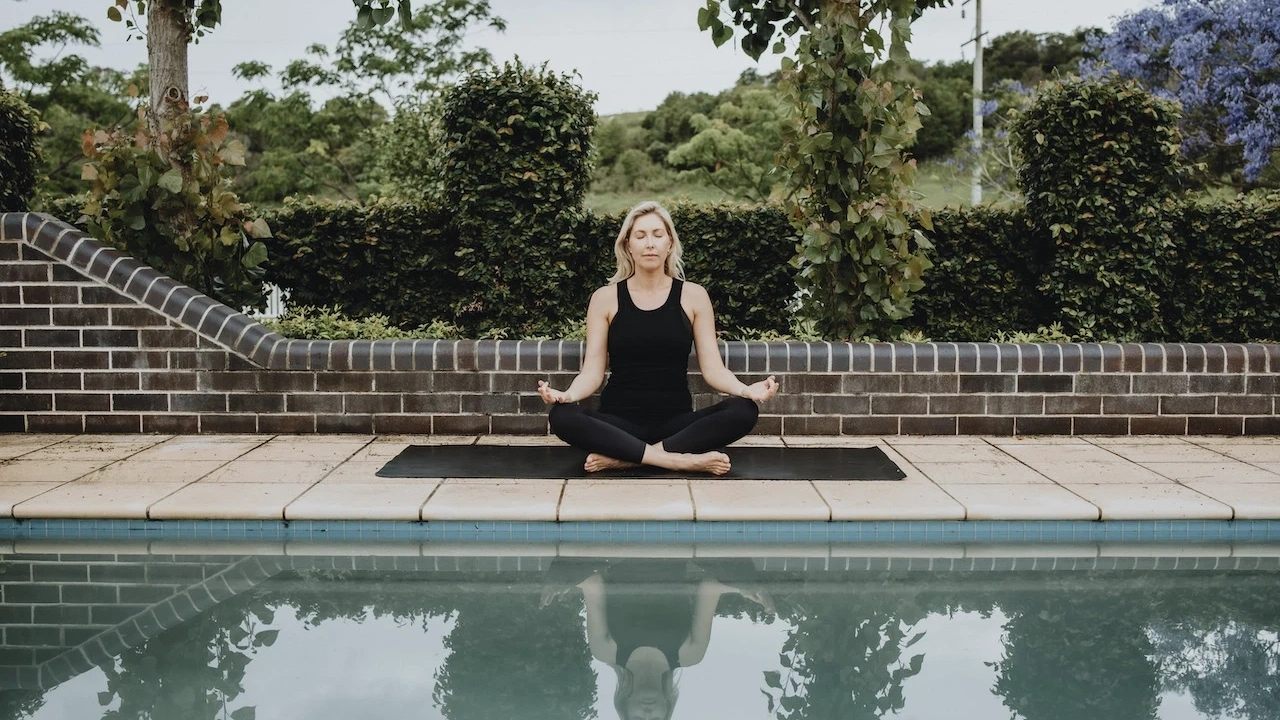Why Meditation is Good for your Mental Health
Sep 08, 2021
Have you found it hard to stay focused during an important task, with your mind fixating on your long ‘to-do’ list instead of doing the work?
Does your brain struggle to switch off?
What if there was a way to calm these thoughts to help you stay focused, calm and present?
Meditation is the habitual process of training your mind to focus on the present. It has been proven to improve concentration, sleep, and compassion and decrease stress and anxiety levels.
Read on to learn more about how meditation helps your mental health.
1. Better focus and concentration
We’re bombarded by distractions daily, and as a result, our attention spans are at an all-time low. A study by Microsoft demonstrated that the human attention span has dropped to eight seconds – shrinking nearly 25% in just over a decade.
Meditation is like taking your brain to the gym and working out the brain to help you stay focused and present. A Harvard study reported that eight weeks of meditation can increase the grey matter in our brain, explicitly improving our hippocampus function or, more simply, improving our memory, learning skills, and even our mental stamina.
Another study showed that eight weeks of daily meditation decreased negative emotions and enhanced attention, working memory, and recognition memory.
Try our favourite meditation for focus.
2. Reduce stress
One of the main reasons people meditate is to reduce stress. Too much physical or mental stress can cause cortisol (the stress hormone) levels to rise. These heightened cortisol levels can disrupt sleep, promote depression and anxiety, and contribute to fatigue.
Regular meditation can help reduce stress levels, lower blood pressure and heart rate, resulting in higher energy levels and better immunity.
Meditation also decreases the size of the amygdala - the part of our brain that regulates how reactive we are. A smaller amygdala, the less reactive we are to external stressors.
Try our favourite meditation for stress.
3. Manage anxiety or depression
Meditation also has a positive impact on anxiety and depression. A study from John Hopkins University showed general meditation problems lessened psychological symptoms of depression, anxiety, and pain related to stress.
Research has found that meditation helps break the connection between the amygdala (your fear centre) and the medial prefrontal cortex - the part of the brain responsible for processing information about yourself, such as worrying about the past or future. These two brain regions work together to cause depression, and breaking the connection aids levels of anxiety and depression.
When we meditate, we are training our brain to achieve sustained focus, and part of that is bringing our attention back to that focus when negative thoughts arise.
Try our favourite meditation for anxiety.
4. Cultivate compassion
In a world often filled with negativity, the ability to see the light in a dark place can not only benefit yourself but those around you.
Meditation can help us cultivate compassion and resilience. For example, a study about the Headspace app showed that 30 days of using the app resulted in an 11% increase in mental resilience and a 7.5% increase in satisfaction with life.
Another study demonstrated that regular meditation could increase positive emotions by 16% and compassion by 21%.
Introducing meditation into your daily routine can help you cultivate compassion and resilience, ultimately helping you bring light into your life.
Try our favourite meditation for compassion.
5. Improve sleep
Sleep is essential for so many reasons. A good night’s sleep can help boost your immune system, improve your mood, and increase productivity.
Meditation can help you achieve a better night’s sleep. A study published in JAMA Internal Medicine concluded that mindfulness meditation could help reduce insomnia, fatigue, and depression.
You can try a guided sleep meditation before bed to help calm your mind and ease you to sleep. Meditation also prevents your mind from wandering so often, helping you doze off at night.
Try our favourite sleep meditation.
Ready for the next step in your meditation journey?
We've created a 5-day meditation course designed to help you start and keep meditating.
In under 20 minutes a day, you will learn the science, process and practice of meditation and gain a skill that will help you sleep better, reduce stress and perform at your best to live a happier life.
Start today: How To: Start and Keep Meditating

